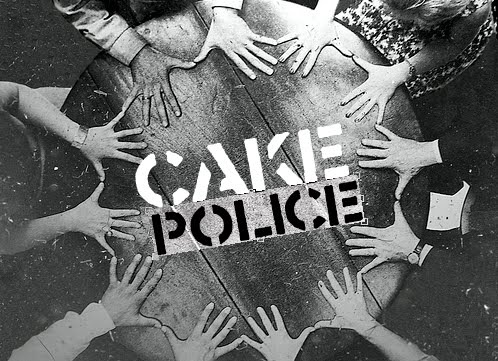"BP has been arguing that this “future factor” is too generous. That argument is revisited in its 29-page filing, pointing out the strong revenue figures for lodging in coastal tourism areas in the fall and spring, most surpassing figures from comparable times in 2009 and early 2010.
"BP makes the same argument in regard to the strong performance of much of the seafood industry, though the filing devotes less attention to it — possibly because unresolved questions about the long-term ecological effects of the spill, as well as a lingering nationwide skepticism about gulf seafood, have made its recovery more debatable."
"While initial BP payments and a strong fall and winter helped, some business owners are still carrying around bad credit ratings from those lean days, or paying off loans, or working under franchise agreements that were renegotiated to their disadvantage."
"It was the topic of another document sent out last week, this one to state and local officials from the command center of the spill cleanup operation in New Orleans. It is a draft version of a “decision matrix,” a list of several factors to consider in deciding when and when not to remove submerged mats of oil that are still being found, some even in recent days, sitting just offshore.
"The prospect of not removing a mat for just about any reason is unacceptable to Taylor Kirschenfeld, an environmental officer for Escambia County, Fla. If a tropical storm or hurricane comes through and whips up those mats, sending tar patties onto the beach, 'it could be the whole thing all over again.'
"Thus the gamble that really keeps business owners here on edge: if this happened, it could be devastating, and a business’s final settlement with BP might fall far short."

No comments:
Post a Comment